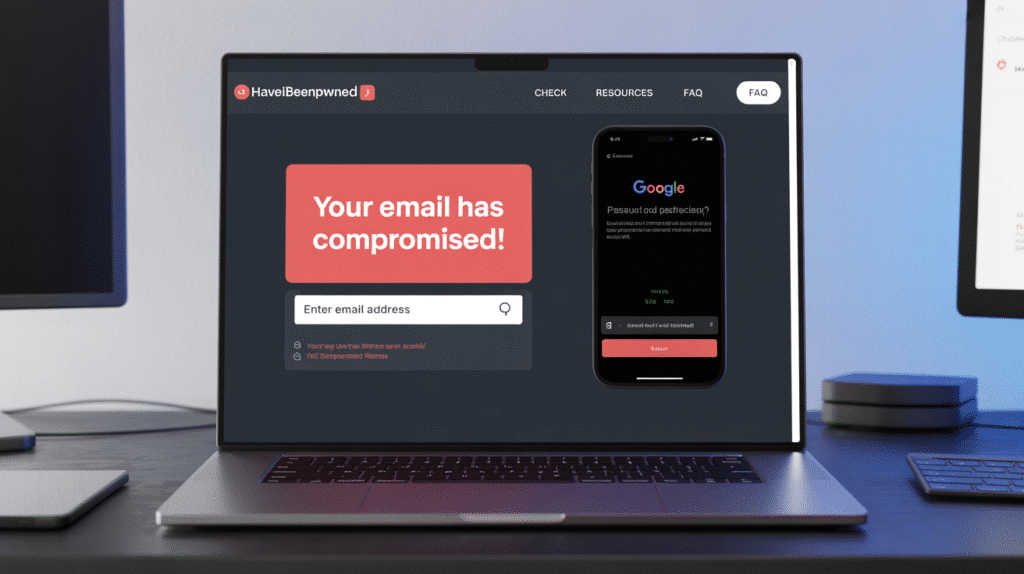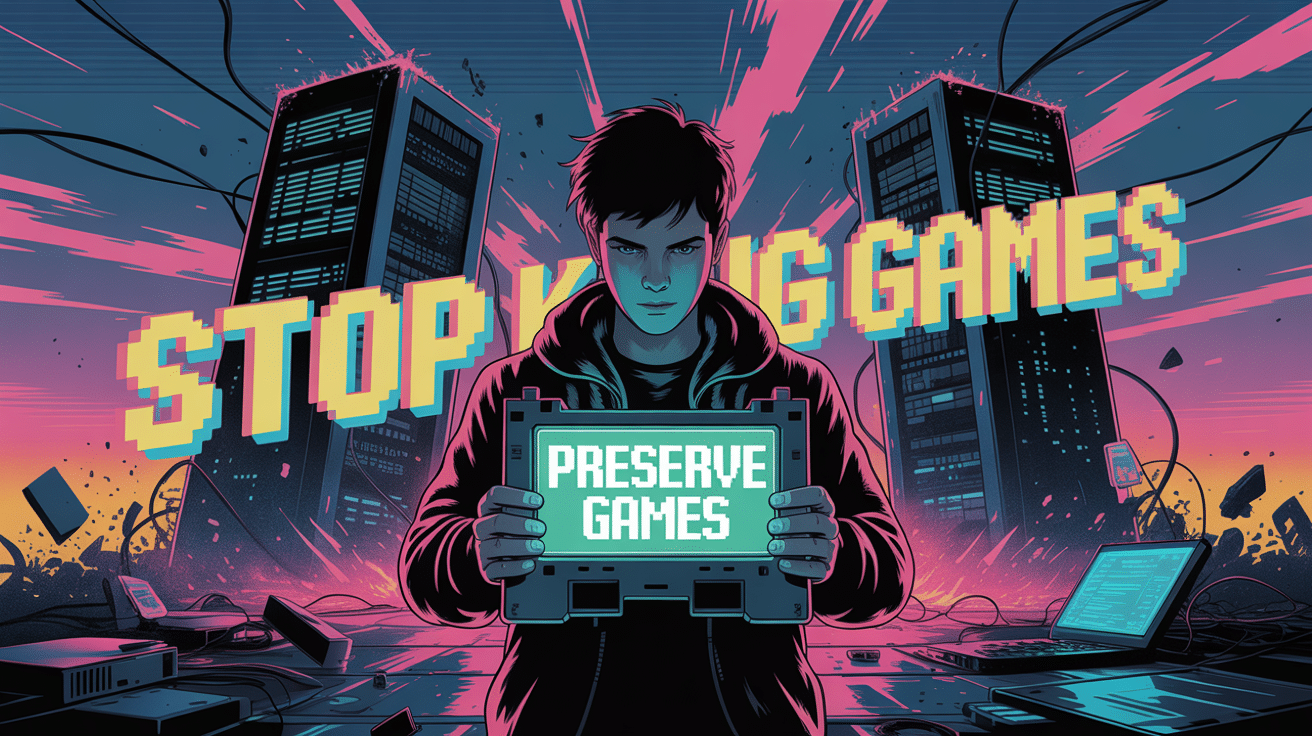16 Billion Passwords Leaked — Are You at Risk?
In what’s being called the largest password leak in internet history, 16 billion passwords have been leaked across various breaches and dark web dumps. If you use Google, social media, or a password manager, you need to act now. This guide breaks down the breach, how to check if you’re affected, and what to do next.
What Does “16 Billion Passwords Leaked” Really Mean?
This isn’t just another isolated hack. This breach aggregates credentials from over a thousand previous data leaks, including platforms like Google, Facebook, and LinkedIn.
What’s New About This Leak?
-
It’s not a new hack, but a massive consolidated archive of previously stolen data
-
First reported on forums monitored by HaveIBeenPwned researchers
-
Passwords are now organized, searchable, and easily exploitable
💥 According to cybersecurity firm CyberNews, over 26 billion records were found, with 16 billion unique passwords — making it the largest compilation to date.
How to Check If Your Data Was Compromised
Use HaveIBeenPwned (HIBP)
-
Visit haveibeenpwned.com
-
Enter your email address
-
You’ll see if your credentials were exposed and in which breach
Google Password Manager Check
-
On Chrome or Android:
Go to Settings → Password Manager → Check passwords -
Google flags reused or compromised passwords
🔽 Pro tip: Enable password alerts on Chrome to get notified instantly if your saved passwords appear in new breaches.

What You Should Do Immediately
When 16 billion passwords leak, proactive protection is key. Here’s a quick checklist:
-
🔁 Change passwords for all important accounts
-
🧩 Use unique passwords for every platform
-
🔐 Enable two-factor authentication (2FA)
-
📲 Consider switching to a secure password manager like Bitwarden or 1Password
-
❌ Avoid saving passwords in your browser
Bullet-proof Password Strategy:
-
12+ characters
-
Mix of upper, lowercase, numbers, symbols
-
Avoid dictionary words or personal info
Is Google Account Data Safe After This Breach?
While Google wasn’t directly hacked, many of the leaked passwords could unlock Google accounts if users reused them.
Google’s Official Response
Google emphasizes:
“We alert users in real-time when we detect compromised passwords and encourage 2FA for all accounts.”
Still, if your old password was reused — even on a non-Google site — your Google account could still be at risk.
Why Browser-Based Managers Aren’t Enough
Google’s built-in password manager is helpful, but dedicated tools offer:
-
Cross-platform sync
-
Secure vaults
-
Dark web monitoring
The Bigger Picture — Password Fatigue & Future Threats
The 16 billion passwords leaked scenario signals a growing concern: users recycle passwords across dozens of accounts, making single-point-of-failure breaches inevitable.
What’s Next?
-
AI-based credential stuffing tools are exploiting these lists faster than ever
-
Passwords may become obsolete — passkeys and biometric logins are rising alternatives
🔗 The Verge reports: “This could be the tipping point that finally pushes users to adopt passwordless tech.”
Conclusion: Stay Ahead of the Next Breach
This isn’t fearmongering. With 16 billion passwords leaked, your online identity could already be compromised. Take control by checking your data, updating your security, and embracing better digital hygiene.
Next Step: Read our guide on [Top 5 Free Password Managers for 2025] for safer storage options.
FAQ Section
Q1: How do I know if my password is in the 16 billion leaked database?
A: Use HaveIBeenPwned to check email breaches. It’s a free tool that shows if your credentials were part of the 16 billion passwords leaked.
Q2: Does Google notify me if my passwords are leaked?
A: Yes, through Chrome’s Password Manager, Google alerts you about exposed credentials tied to the 16 billion passwords leaked.
Q3: Can I keep using browser-saved passwords safely?
A: Not recommended. Use a dedicated password manager for more security, especially after the 16 billion passwords leaked online.





